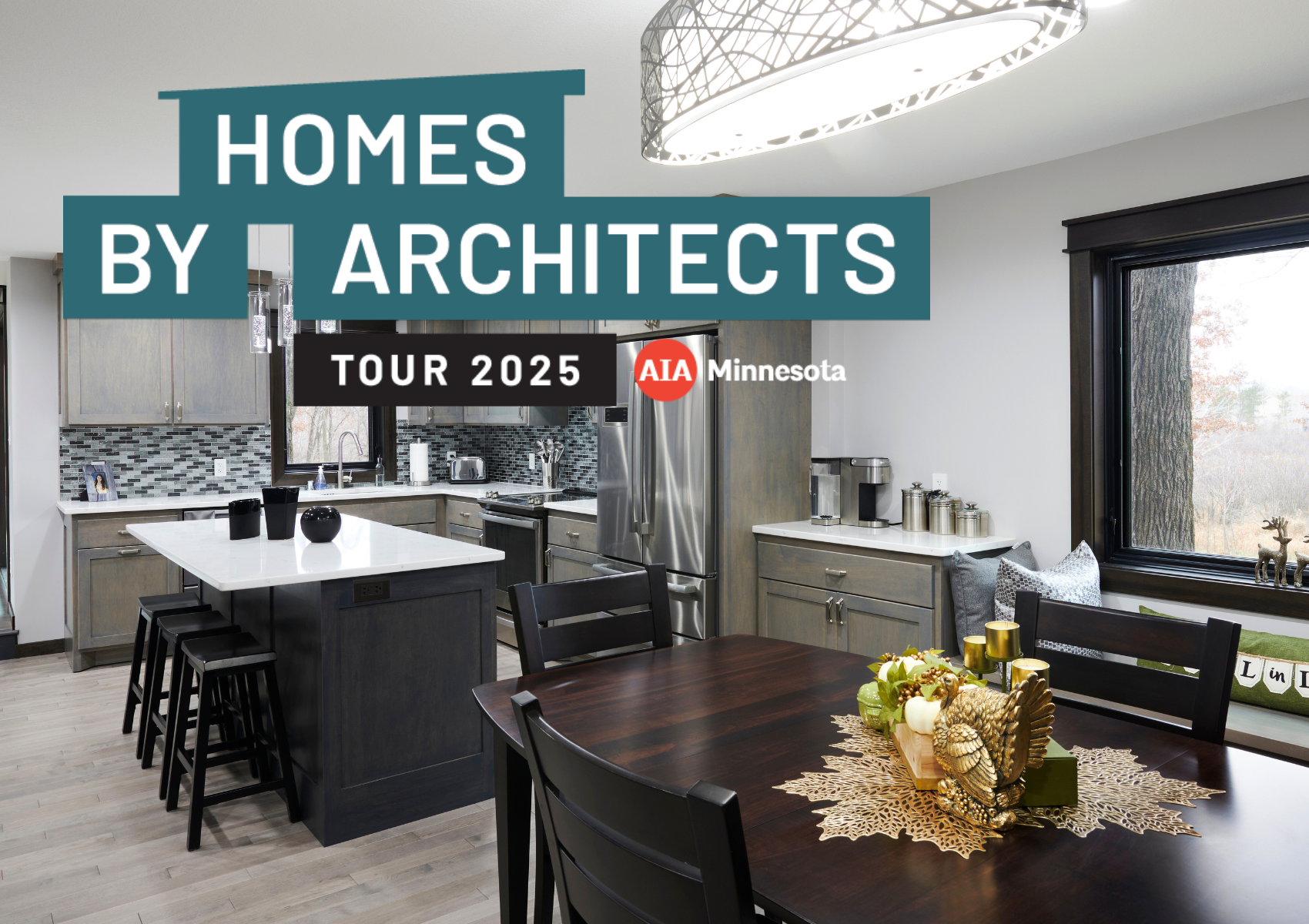This program has been postponed.
With the Stay at Home mandate in place, it was not possible for the speakers to participate. We hope to reschedule for another time. Stay tuned. Questions? Contact Deanna Christiansen, 612-767-1745.
In the meantime, here is how to access information on these amendments.
The hard copy of the Minnesota Building Code is available for pre-order on the ICC website at https://shop.iccsafe.org/state-and-local-codes/minnesota/2020-minnesota-building-code.html. Projected to be available mid-April.
The read-only version of the Minnesota Building Code is available at https://codes.iccsafe.org/content/document/1586
Seminar Details
Part 1 – Amendments to MN Rule 1305 and the 2018 IBC
This presentation will provide an overview highlighting several new state amendments to the 2018 IBC model code and parts repealed from the existing state building code as the new state building code is adopted at the end of March 2020.
Learning objectives
- Differentiate between the assisted living construction requirements for occupancy group I-1 Condition 1 and occupancy
group I-1 Condition. - Explain how changes in the state building code will affect existing assisted living facilities, all with the intention to provide safety and accessibility for those who live there as well as for those providing care.
- Properly size emergency overflow scuppers from roofs and determine the impact of scupper design on structural loading to prevent collapse and ensure user safety.
- Participants will learn the fundamental components and performance criteria of storm shelters and where storm sheltersare required in the state in order to best protect and keep all safe in emergency weather situations.
- Design code-compliant access pathways to and through rooftop mounted solar photovoltaic arrays.
Part 2 – Amendments to MN Rule 1346 and the 2018 IMC and IFGC
This course will provide an overview of the significant changes to the Minnesota Mechanical and Fuel Gas Code including additions and amendments to the 2018 IMC/IFGC.
Learning Objectives
- Changes to ventilation in R-2, R-3 and R-4 dwelling units
- Addition of ASHRAE 62.2 for use in R-2, R-3 and R-4 units 3 stories and less in height.
- Addition of ASHRAE 62.2 for use in R-2, R-3 and R-4 units over 3 stories in height.
- Changes to make-up air requirements in dwelling units.
- Arc-resistant CSST bonding changes.
- Carbon Monoxide alarms in commercial/industrial applications.
Part 3 – Minnesota Amendments in the 2020 MN Accessibility Code
This course will provide an overview of the significant Minnesota Amendments in the 2020 Minnesota Accessibility Code, including existing and new amendments.
Learning objectives
Code Documents: Components
Scoping & Technical Criteria
- Accessible Route
- Accessible Parking
- Toilet Rooms
- Service Counters
- Dwelling and Sleeping Units
- Recreational Facilities
- Signage
- Existing Buildings
Cost
AIA Members $100
NonMembers $150
Continuing education
6.0 HSW LU Hours
Instructors
Greg Metz has been with the Minnesota Department of Labor and Industry Construction Codes and Licensing Division since February 2015 and now supervises the building plan review unit. He has 32 years of experience as an architect and has been licensed in Minnesota since 1998. Prior to working for the state, he was managing architect on multiple historic adaptive re-use projects. He has a B.A in Architecture from Iowa State University and a Master of Architecture from California State Polytechnic University. Greg led the Technical Advisory Group evaluating modifications to the 2018 IBC and proposing amendments for the next Minnesota Building Code. He also led the Technical Advisory Group for the Minnesota Fire Code and co-led the Technical Advisory Group for the Minnesota Conservation Code for Existing Buildings.
Chris Rosival has been with the Department of Labor and Industry for one year. Before, he was the senior plumbing and mechanical inspector for the City of Lakeville for 22 years and before that a plumbing and mechanical installer/service technician for 10 years. Chris is a licensed master plumber, licensed backflow prevention tester and certified building official. Chris has instructed plumbing code review classes and presented at the building official limited course. Chris also has worked on the adoption of the 2018 IMC/IFGC with chapter 1346 amendments.
Karen Gridley has been with the Department of Labor and Industry since June 2015 and works on the plan review team as Accessibility Specialist at CCLD. She has a Bachelors degree from the University of Minnesota, is an ICC and Minnesota Certified Accessibility Specialist and has over 20 years of experience working with Accessibility regulations across the country in both the private and public sector. She also served as a member of the ANSI A117.1 Accessibility Standards Committee for the 2017 edition and continues to participate in national and local accessibility code change processes, including as Technical Advisory Group Lead for evaluating the 2018 IBC Accessibility Chapter 11 modifications for the 2020 Minnesota Accessibility Code.





